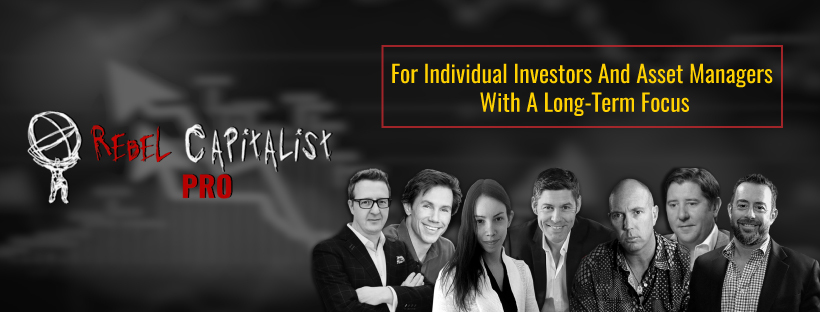Tune in every Sunday at 8:00 pm EST for a live stream Q&A session with George Gammon where he answers your questions about money, investing, and personal freedom!
In this week’s Live Q&A…
Is Cash an Underrated Position?
During periods of consumer price inflation, cash is a hard position to hold because you are losing purchasing power relative to the price of goods and services you buy to sustain your life.
For an investor, the only reason you would want to hold cash is if you plan to purchase an investment in the future that you think will decrease in value against the present dollar. This could happen in a couple of different ways.
First, there are many investors and financial pundits who believe we are in another massive asset bubble prompted by the government’s out-of-control spending and artificially low-interest rates that have forced investors into risk assets and encouraged an increase in borrowing.
If this is true, it is only a matter of time before the bubble pops and asset prices come crashing down. Historically, investing in massive market crashes has been followed with massive returns.
Asset prices could also come down relative to the dollar if advances in technology and changing demographics continue to impose strong deflationary forces onto the economy as they have for the last four decades.
Advances in technology bring down the cost of production by increasing efficiency and performance over time. This also leads to human labor being replaced which in turn leads to lower wages, lower purchasing power, and lower demand as there are fewer units of currency chasing the same amount of goods and services in the real economy.
Changing demographics can also lead to deflationary pressure. The world is currently experiencing declining birth rates, an increase in the un-productive elderly-age group, and a decrease in young and working adults. This means we will have fewer people to produce and consume goods and services which will lead to a lower standard of living.
If either of these two situations happens and we see another economic crash, you will want to have cash on the sidelines to take advantage of discounted asset prices.
Unless you have steady cash flow coming in from investments or extra income to put towards a market crash, you will not be able to participate in the low prices if all of your cash is already invested or you have spent it all on other goods and services.
If you are only concerned with goods and services to sustain your life, there is no need to save up cash. Hopefully, this is not the case, and you choose to invest some of your money. In this scenario, a cash position is very underrated in times of economic uncertainty like we are experiencing today.
Nobody knows when or if asset prices will fall. But if they do, you will want to have some cash ready.

